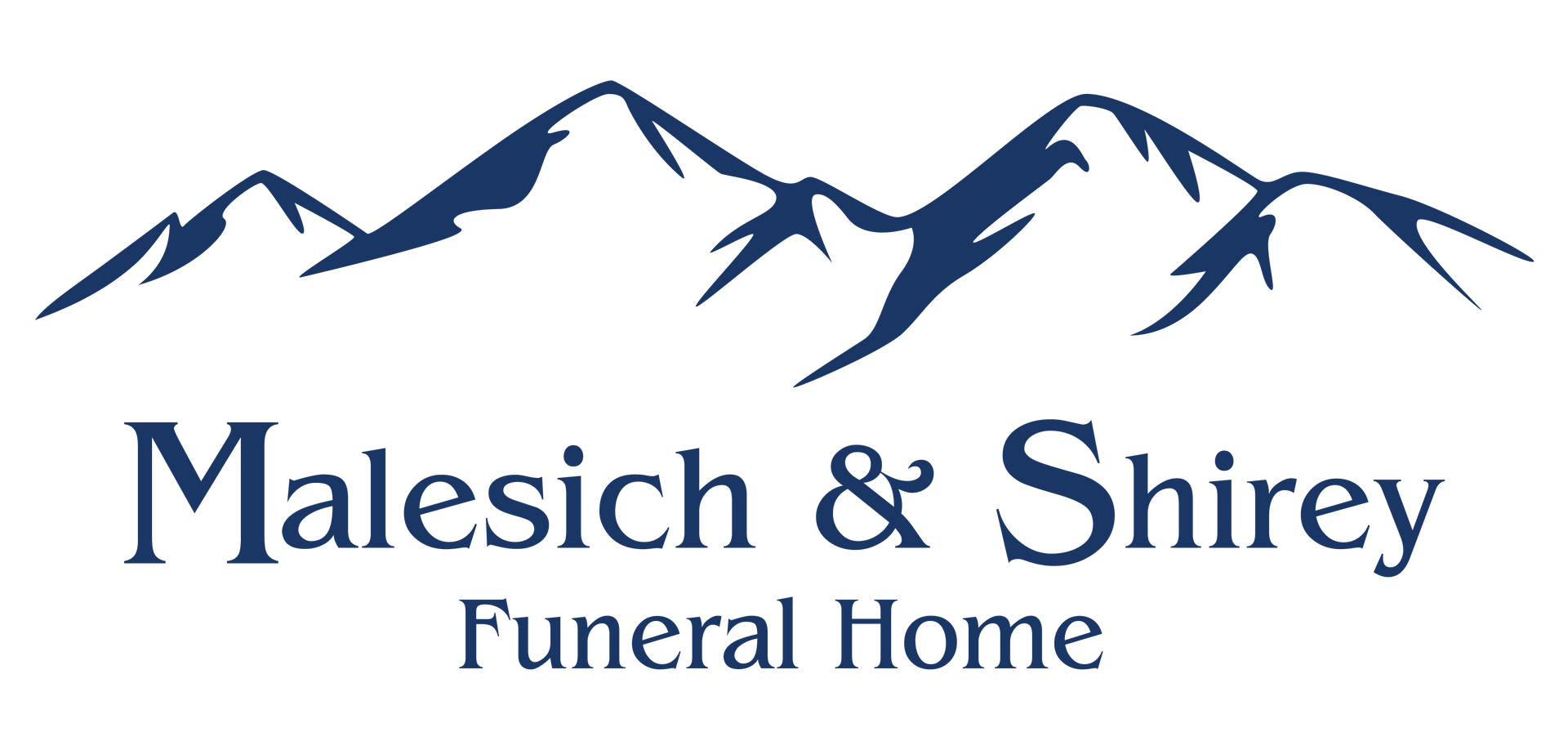Veteran Services
Veterans Services
Many of us take our freedoms for granted, but our staff at Malesich & Shirey Funeral Home and Colorado Crematory
proudly acknowledges the sacrifices made by those who have served our country through their patriotism, love of country and willingness to protect others.
Our staff is committed to providing quality service and professional assistance to help families complete the necessary forms to obtain benefits that are provided through the United States Department of Veterans Affairs for deceased veterans.
What are VA burial benefits and memorial items?
The VA burial benefits are designed to assist service members, veterans, and their families plan and pay for a burial or memorial service in a VA national cemetery. Memorial items are provided through the Veterans Affairs to honor the service of those who have served the country.
Who qualifies for burial benefits and burial in a national cemetery?
Veterans, service members, spouses, and dependents may be eligible for burial in a VA national cemetery, as well as other benefits, if they meet one of the requirements listed below:
- A veteran who didn’t receive a dishonorable discharge
- A service member who died while on active duty, active duty for training, or inactive duty for training
- The spouse or minor child of a veteran, even if the veteran died first
- In some cases, the unmarried adult dependent child of a veteran
What are military funeral honors and a committal service?
Military funeral honors include the playing of “Taps,” a rifle detail, a color guard and uniformed service members who properly fold and present the United States flag to the grieving family. These flags are typically given to the deceased’s next of kin or close friend. In order for the survivors to qualify to receive the burial flag, the veteran or reservist must be described by at least one of the following:
- Served in wartime
- Died while serving on active duty after May 27, 1941
- Served after January 31, 1955
- Served in peacetime and left military service before June 27, 1950, after serving at least one enlistment or because of a disability that was caused - or made worse - by their active military service
- Served in the Selected Reserves, or served in the military forces of the Philippines while in service of the United States and died on or after April 25, 1951.
What are burial benefits and how do I apply?
The veterans death benefits help cover the burial, funeral and transportation costs associated with the deceased’s services and disposition. For those being buried in a national cemetery, survivors can receive assistance with the burial and funeral costs, the plot or internment, and the transporting of the veteran’s remains for burial.
You must file a claim for a non-service-connected burial allowance within two years after the veteran’s burial or cremation. There is no time limit to file for a service-connected burial, plot or interment allowance.
You can apply online at
https://www.va.gov/burials-and-memorials/application/530/introduction or by mail after completing the VA Form 21P-530.
A veteran who didn’t receive a dishonorable discharge or a service member who died while on active duty may be eligible for a headstone or marker if they meet certain requirements. To find out if your deceased loved one qualifies, visit https://www.va.gov/burials-memorials/memorial-items/headstones-markers-medallions/
The Department of Veteran Affairs also provides a headstone for unmarked graves of an eligible deceased veteran at no charge. To request a headstone, grave marker, or niche marker, fill out the VA Form 10-1330 and send to:
Department of Veteran Affairs
5109 Russell Road
Quantico, VA 22134-3909
For more information regarding VA burial benefits and memorial items, visit
https://www.va.gov/burials-memorials/ or contact the VA office at
1-800-827-1000.
We take great pride in honoring our nation’s veterans by providing them with professional and dignified care during their time of need. Alongside our compassionate support, we offer specialized services to pay tribute to their courageous service to our country.



